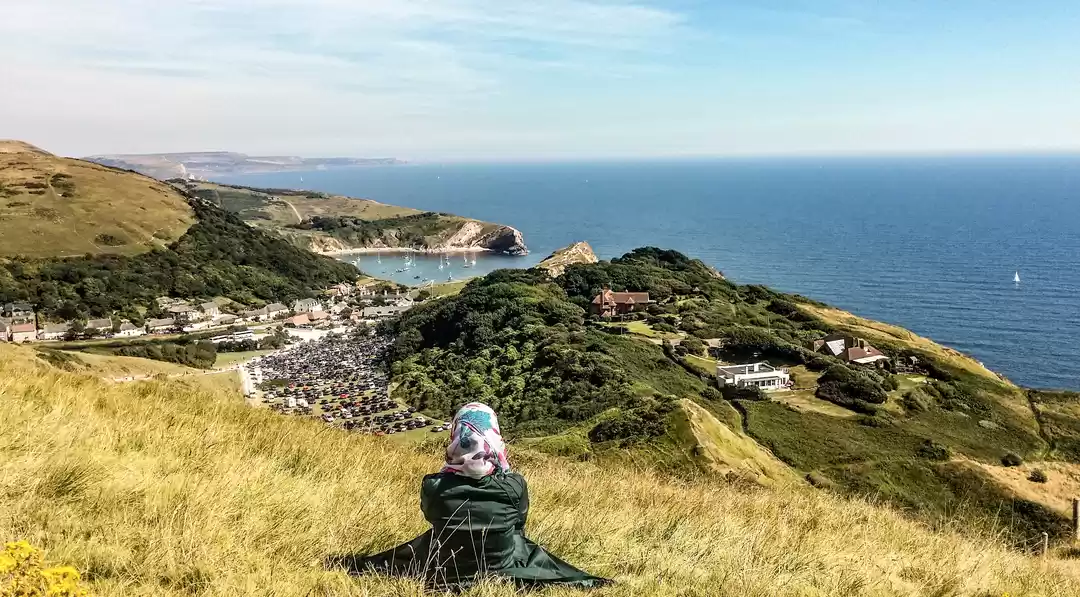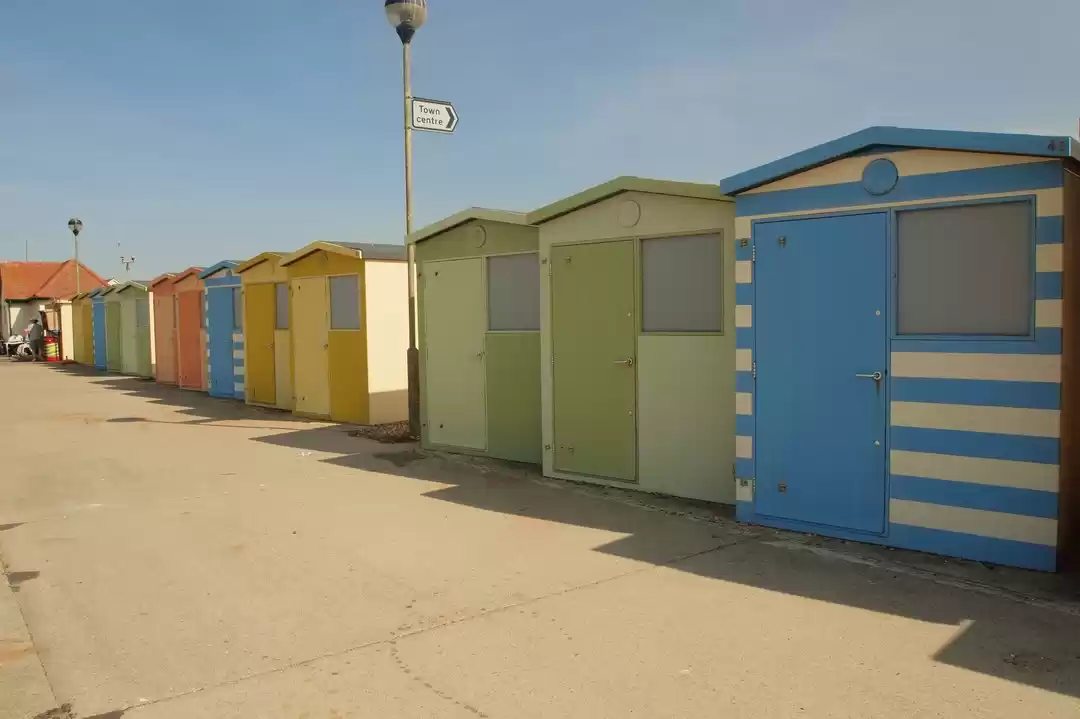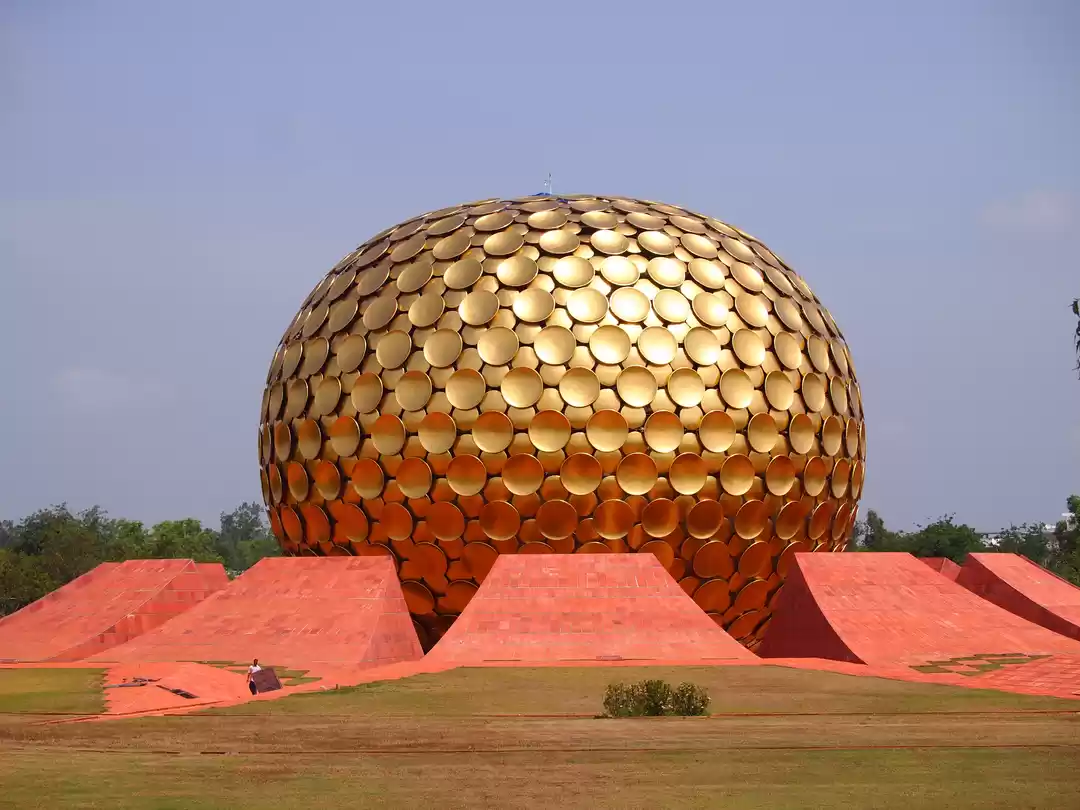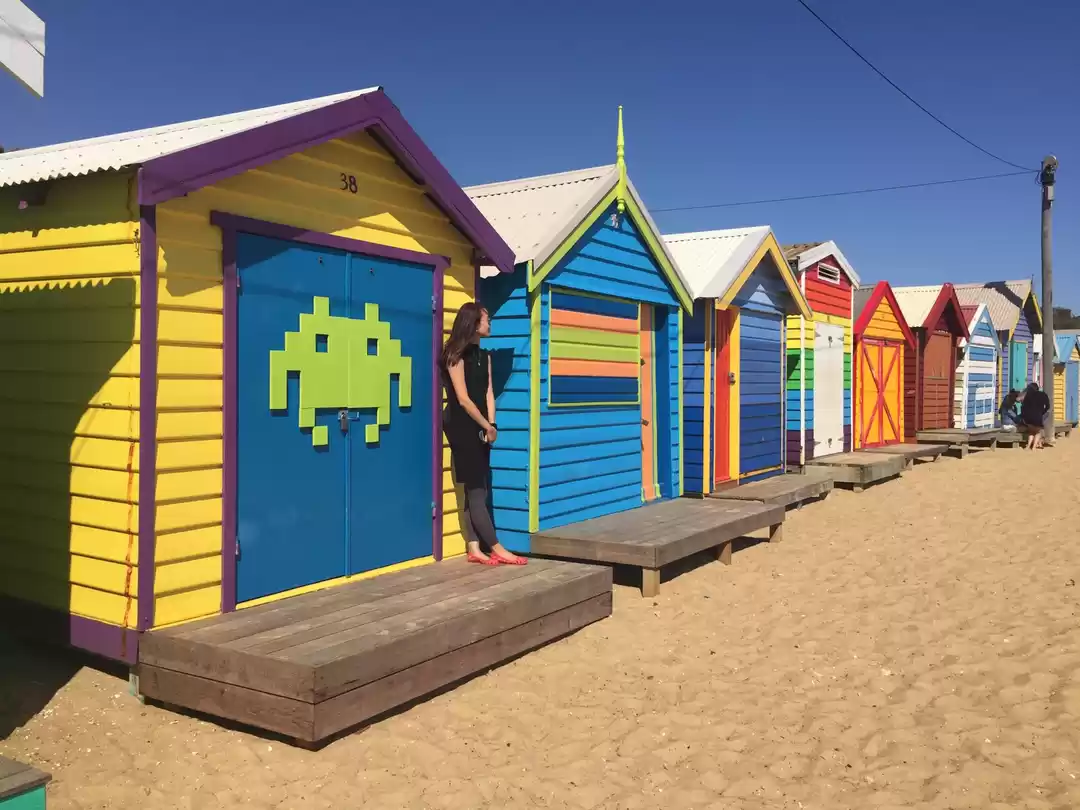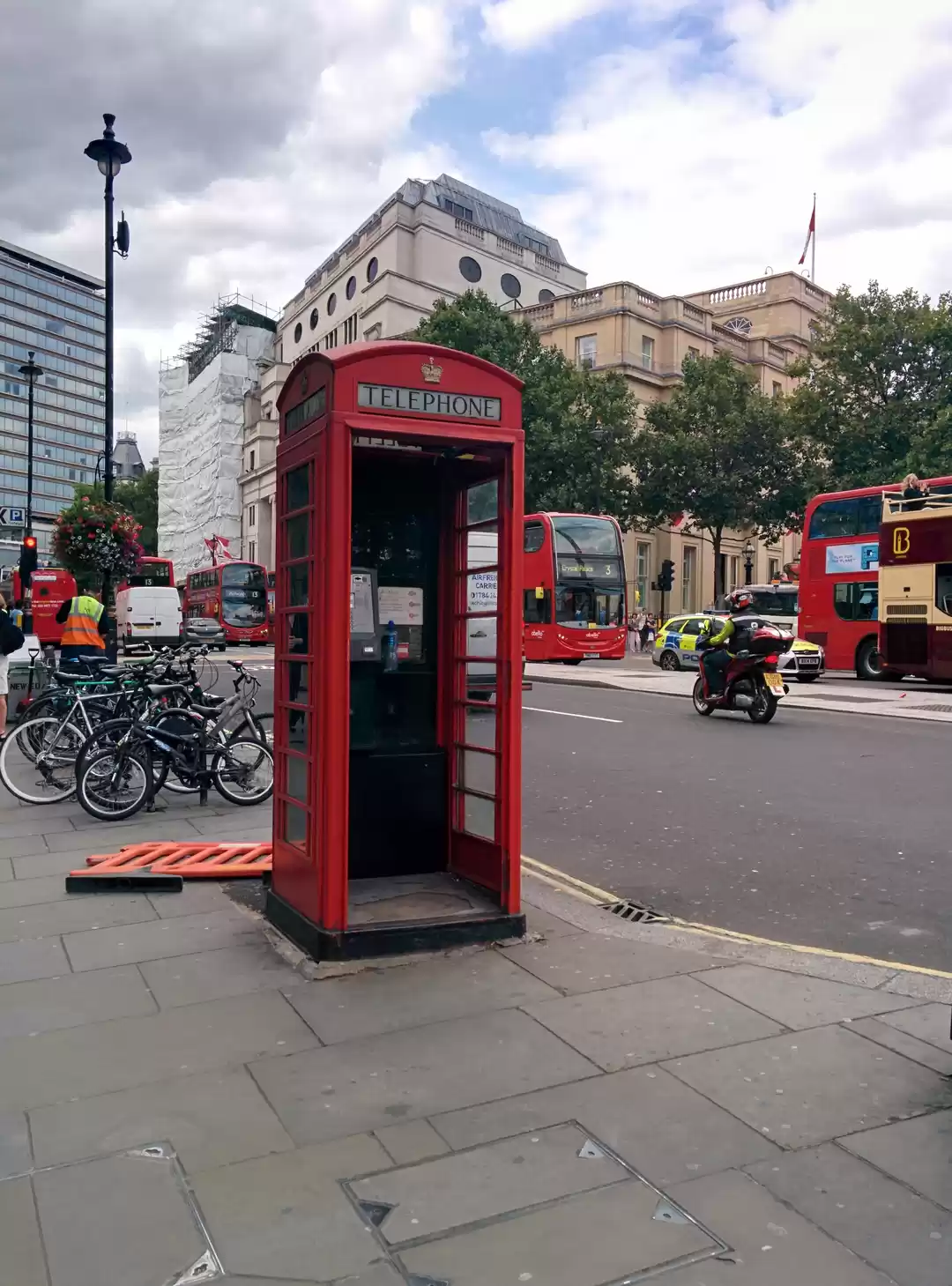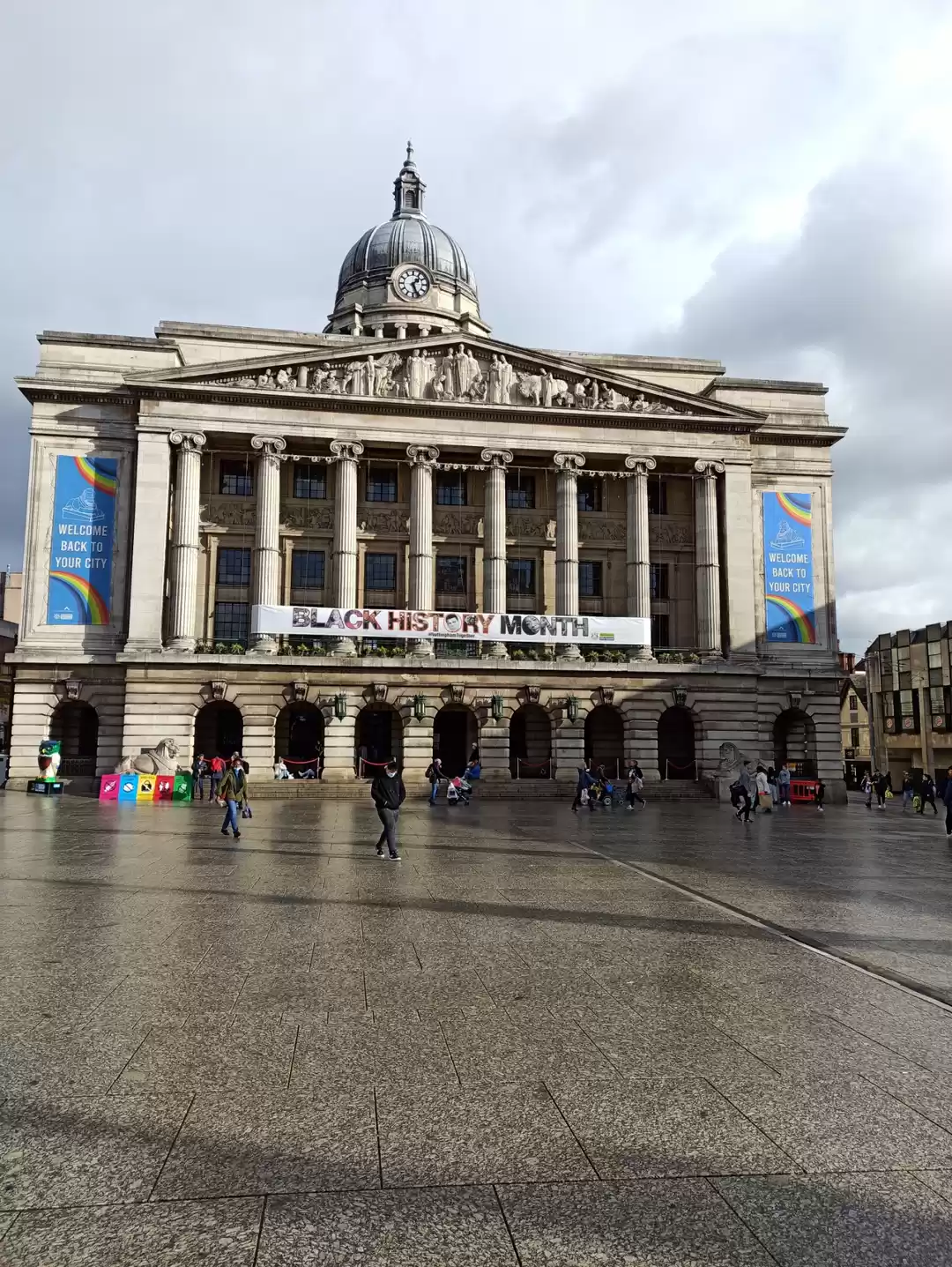Brighton Tourism and Travel Guide
Brighton /ˈbraɪtən/ is a seaside resort and the largest part of the City of Brighton and Hove situated in East Sussex, England. Historically in the Rape of Lewes in Sussex, Brighton forms a part of the Brighton/Worthing/Littlehampton conurbation. Brighton is at the heart of the Greater Brighton City Region, a partnership of local authorities and other organisations that signifies Brighton's wider regional economic significance.Over half of the city's area is open downland, most of which lies within the South Downs National Park and forms part of the UNESCO-recognised Brighton and Lewes Downs biosphere reserve.Archaeological evidence of settlement in the area dates back to the Bronze Age, Roman and Anglo-Saxon periods. The ancient settlement of 'Brighthelmstone' was documented in the Domesday Book (1086). The town's importance grew during the Middle Ages as the Old Town developed, but it languished in the early modern period, affected by foreign attacks, storms, a suffering economy and a declining population. During the modern period, Brighton began to attract more visitors following improved road transport to London and becoming a boarding point for boats travelling to France. The town also developed in popularity as a health resort for sea bathing as a purported cure for illnesses.In the Georgian era, Brighton developed as a fashionable seaside resort, encouraged by the patronage of the Prince Regent (later King George IV), who spent much time in the town and constructed the Royal Pavilion during the early part of his Regency. Brighton continued to grow as a major centre of tourism following the arrival of the railways in 1841, becoming a popular destination for day-trippers from London. Many of the major attractions were built during the Victorian era, including the Grand Hotel, the West Pier, and the Brighton Palace Pier. The town continued to grow into the 20th century, expanding to incorporate more areas into the town's boundaries before joining the town of Hove to form the unitary authority of Brighton and Hove in 1997, which was granted city status in 2000.Brighton's location has made it a popular destination for tourists, renowned for its diverse communities, quirky shopping areas, large cultural, music and arts scene and its large LGBT population, leading to its reverence as the 'gay capital of the UK.' Brighton attracts over 8.5 million visitors annually and is the most popular seaside destination in the UK for overseas tourists. Brighton has also been called the UK's 'hippest city', 'the happiest place to live in the UK' as well as being listed in 'Crap Towns Returns'.

